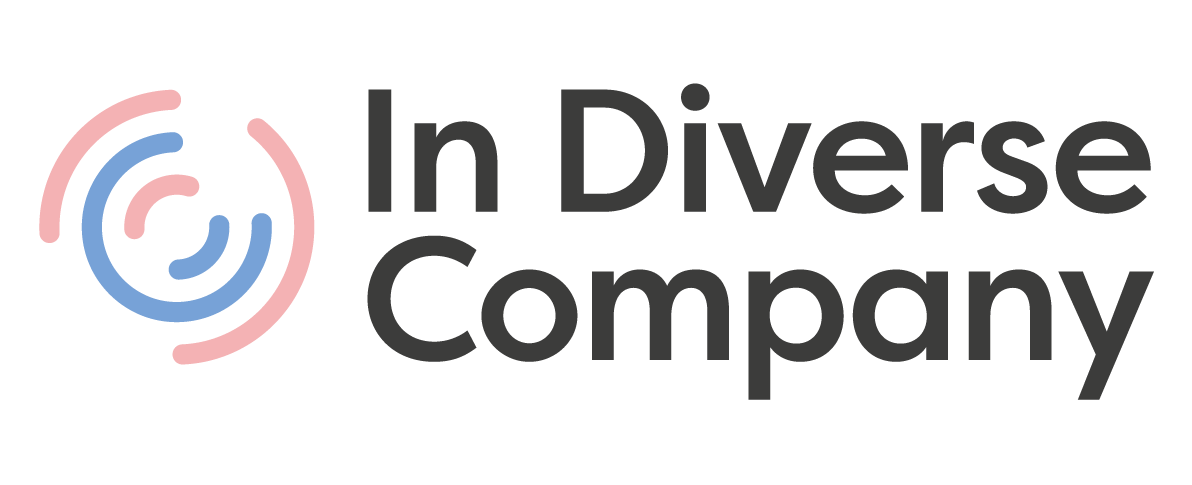By Pooja Khajuria, Consultant and Jai Thade, L&D Facilitator
Substantial research and interest in the field of diversity and inclusion has shown the many advantages diversity and inclusive practices bring to an organisation – increased profitability, innovation, better problem solving and stronger governance. Thanks to the ample research, companies have realised that supporting and promoting an inclusive culture has benefits that go beyond the optics. This realisation and knowledge can no longer be viewed as rare, awareness about need for a better workplace culture has become ubiquitous or common knowledge. In fact, a study found that more than 92% executives said they believed improving their firm’s corporate culture would improve the value of the company.
While this widespread realisation of a necessary culture change is great, it is important to note that research shows that only 37% of change initiatives actually succeed. These are alarming numbers. It means that most organisations trying to adapt new practices simply will not succeed. And by far the biggest factor in why large cultural change initiatives fail, is the failure to change human habits.
Therefore, while developing In Diverse Company’s (IDC) learning and engagement platform – Include LXPTM we turned to psychological research behind behaviour change.
With Include, we provide users with research-informed programmes on several topics crucial to the development of inclusive, collaborative and high-performing organisational cultures. At the heart of Include lie our behaviour learning programmes that incorporate the science of habit formation. These programmes engage users in simple, clear and observable habits. These habits are to be built one at a time, over a period of 60 days with the ability to track progress, with only a few minutes of effort every day, supported by nudges, and most importantly, developed in a social setting.
Include habits are designed to be simple and easy enough to be practiced every day. We have incorporated the widely applied nudge theory from behavioural science. Nudges or subtle suggestions/reminders encourage users to consistently practice and apply their habits for a period of at least 60 days, making sure that the new behaviour becomes automatic and that change is sustained.
The bespoke habit tracker on Include keeps a track of progress made on users’ habits. There is something intrinsically joyous about sense of completion for the human brain. Therefore, the ability to track progress in a tangible, visual manner will motivate users to continue making headway.
Lastly, at IDC, while we do agree that digital learning is extremely powerful, learning alone on your laptop or phone escapes crucial elements that occur when one learns socially, with others. Include programmes encourage users to learn and develop habits collectively – in teams or with peers. Learning about being inclusive with a peer will trigger that memory every time one sees them, thus prompting that behaviour in everyday situations. Research has proven that this approach leads to significantly better behaviour change than a full day, out of office workshop. Moreover, on Include, team members can keep a check or endorse peers developing different habits and behaviours, thus allowing users to do what we all do best – communicate and collaborate and learn socially in real time with the support of the right technology.
Following the science of brain and by simply understanding what employees need in order to change, organisations can do a lot better. The simple art of habit formation can help organisations achieve big cultural changes swiftly and with lasting impact.
Find out more about Include LXPTM and In Diverse Company here.
Photo by Canva






